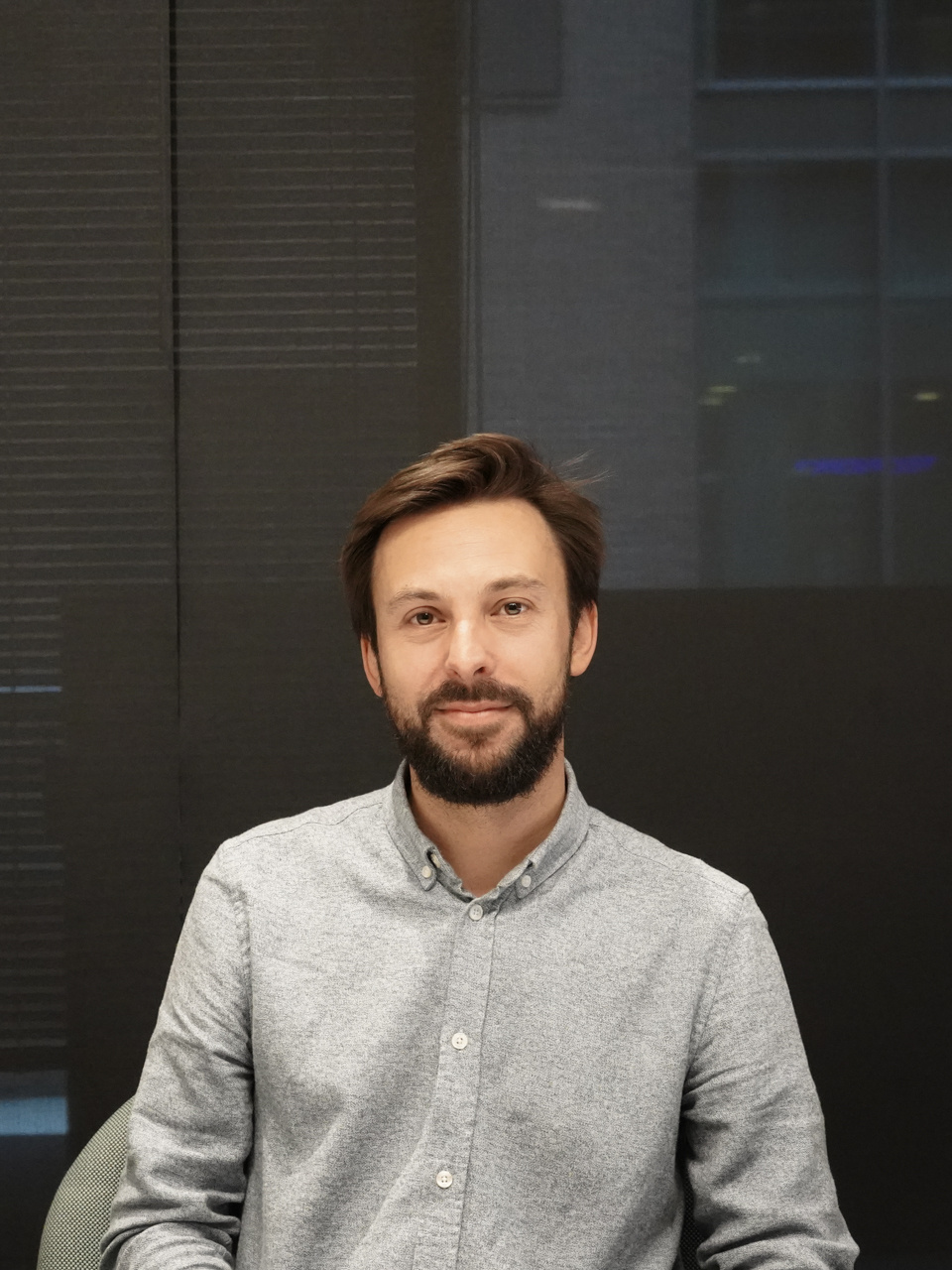SUCCESS STORY
Antoine Pierrot,
Lausanne University Hospital
Lausanne University Hospital (CHUV) is one of five univerity hospitals in Switzerland.
Antoine Pierrot, a pharmacist working in the hospital pharmacy’s production unit, shares insights into their innovative efforts, particularly around automatically compounded tablets. In this interview, we delve into the transformative potential of this technology for personalized medicine.
In 2021, like in the previous year, CHUV has been ranked as the 9th best hospital in the world by Newsweek Magazine. In 2019, the university hospital was rated as the leading hospital in Switzerland.
Q: Antoine, can you tell us about your role at Lausanne University Hospital?
A: Certainly. I've been working at Lausanne University Hospital for about five years now, specifically in the hospital pharmacy's production unit. My primary responsibility is managing the production of cytotoxic drugs, but our work encompasses a broad range of compounding tasks, including parenteral nutrition and various other medicinal preparations. We're also exploring the production of automatically compounded tablets, which is an exciting development for us and the medical community.
Patient printing
Q: What makes automated compounding so promising?
A: It’s particularly beneficial for personalized medicine. At our hospital, we frequently prepare medications for children, many of whom struggle with the current forms of medication available on the market, especially in oncology and pediatrics. Traditional methods like oral suspensions and compounded capsules often pose challenges, such as large volumes or difficult-to-swallow capsules.
With automated compounding, we can create small, easy-to-swallow tablets tailored to the specific needs of individual patients. This technology also allows us to make the medicine more palatable, which is crucial for pediatric patients. For instance, we can produce tablets that melt on the tongue or have a more appealing taste, making the medicine-taking experience less daunting for children.
Q: How about the treatment for older patients?
A: Similar to children, older patients often face difficulties with swallowing large tablets or consuming large volumes of liquid medication. Automatically compounded medicines offer a solution by providing more concentrated doses in smaller, easier-to-consume forms. This innovation ensures that patients receive their required medications without the struggle, improving compliance and overall health outcomes.
Q: Can you talk about the efficiency of this technology in your production processes?
A: Absolutely. One of the major advantages of the technology is the speed and efficiency it brings to our production processes. The current speed of the process allows significant reduction in production time, making it a practical solution rather than just a research project.
The future
Q: What does the near future look like for you?
A: We're currently in discussions with doctors to understand their needs and explore potential applications of automatically compounded tablets for various treatments, including corticosteroids, antihypertensives, and antibiotics. This collaboration is essential to ensure that we're developing solutions that meet real clinical needs.
Q: How do you see the future of personalized medicine?
A: We will be able to resolve problems for patients that are currently hard to treat, especially children and the elderly. Also, us pharmacists will be able to have a discussion with the prescribing doctor about which galenic form is suitable, for which patient, for which medicine.
Q: Thank you, Antoine, for sharing your insights.
A: Thank you. We're very excited about the future and the possibilities this technology brings. Our goal is to provide the best possible care for our patients, and innovations like yours are a significant step in that direction.
As Antoine and his team at Lausanne University Hospital demonstrate, the future of medicine is being shaped by innovative technologies that enhance the precision and personalization of patient care. With continued advancements and collaboration, automated compounding will revolutionize how we approach treatment, offering new hope for patients with unique medical needs.
